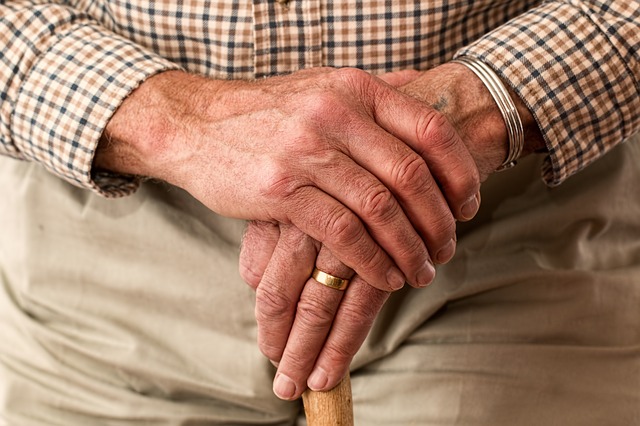
A recent New York Times piece highlights this issue by telling the stories of several women with the sole responsibility of caring for their disabled and elderly loved ones. These individual anecdotes reveal the miserable aspects of caregiving and the struggle of severe social isolation that caregivers often face. Not only is the social isolation itself painful to endure, but it can also lead to physical and mental health problems for the caregiver later in life.
These stories of caregivers all follow a familiar pattern. The caregivers, daunted with the overwhelming responsibilities of taking after a loved one, leave everything else in their lives behind. Caregiving for someone with Alzheimer’s is both physically and emotionally draining, as those patients require almost constant care and attention and they also commonly are more difficult to care for with memory loss and behavioral issues. Caregivers find themselves in a situation in which they can hardly have a moment to themselves, much less time to spend with friends or for leisurely activities. One woman in particular, who was caring for her husband with dementia, eventually found herself unable to even go to the salon, as she was no longer able to take him with her when she went.
Caregivers often slip away from their friends and family because they become so overwhelmed with their duties. This oftentimes leads to complete social isolation, which is a miserable and unnatural experience for any human being. They feel as if they cannot commit to plans, or have nothing to talk about other than their caregiving duties, and eventually, fail to connect with friends and other people anymore.
Furthermore, this social isolation that so many caregivers endure often leads to health complications in their own lives. In terms of physical health, research has revealed that social isolation can be linked to an increased risk of heart disease, stroke, and immune system disorders. In terms of mental health, it can lead to depression and anxiety. Social isolation has even been linked with dementia, as elderly adults who do not regularly socialize often experience an increased rate of cognitive decline and develop dementia at much higher rates than adults who experience regular social interactions.
Luckily, there are support groups around the country that work to relieve the stress and social isolation of caregivers who may be struggling. Most of these programs differ state-to-state, but the state of Alabama does offer support programs that provide assistance to caregivers such as Alabama Cares, which is part of a national organization that works with states around the country to help relieve and support caregivers. Other important support organizations include Savvy Caregiver, which offers free training to family caregivers, and REACH (Resources Enhancing Alzheimer’s Caregivers’ Health), which provides counseling and skill training to caregivers who may be struggling.
Family caregivers sacrifice many aspects of their lives to care for their loved ones, but it should never result in sacrificing their mental and physical well-being.